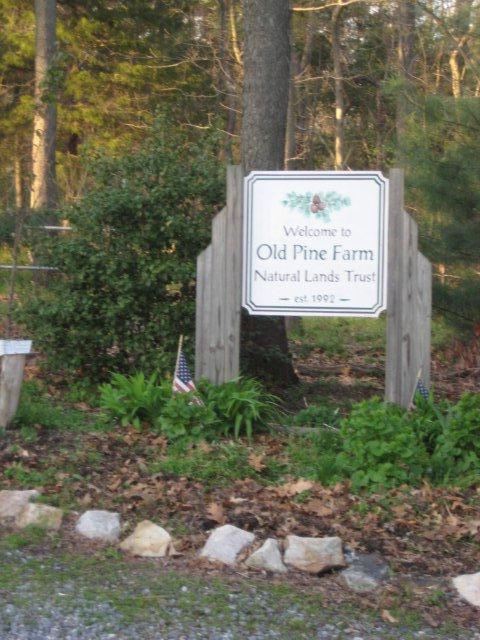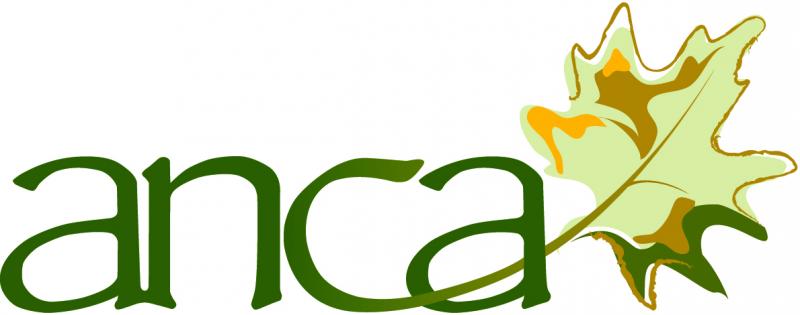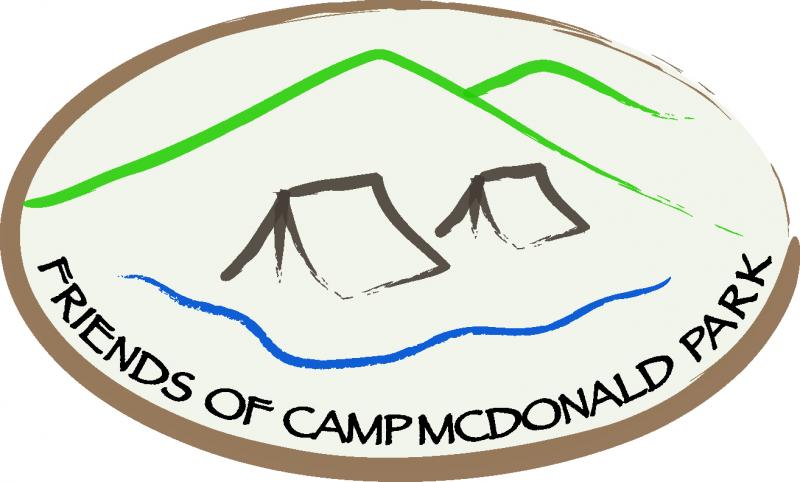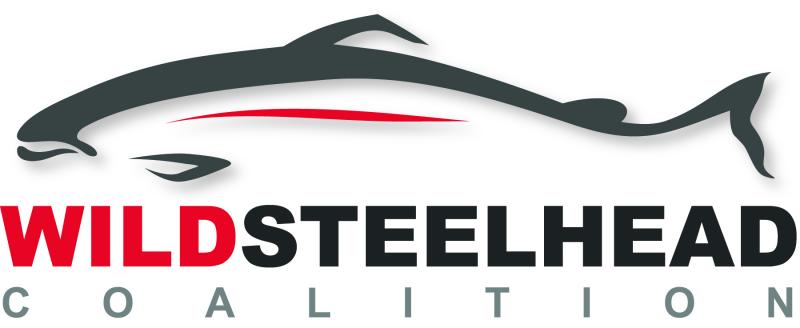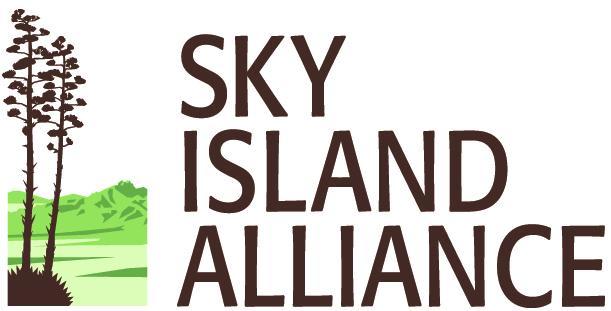Causes: Environment, Natural Resources Conservation & Protection
Mission: With our planet under attack like never before, it is our mission to make, through our citizen science conservation and voluntourism work, an active contribution towards a sustainable biosphere. At Biosphere Expeditions we believe in empowering ordinary people by placing them at the centre of scientific study and by actively involving them out in the field, where there is conservation work to be done. Although these days the terms "volunteering" and "voluntourism" are much used and abused, we at Biosphere Expeditions are committed to running real citizen science wildlife conservation research expeditions to all corners of the Earth. Our projects are not tours, photographic safaris or excursions, but genuine research expeditions and citizen science wildlife conservation projects. We promote sustainable conservation and preservation of the planet's wildlife by forging alliances between scientists and the public. We always work in close conjunction with local people and scientists, and ensure that the fruits of our expedition work benefit our local helpers, their society and the environment they live in. Adventure, remote locations, different cultures and people are part and parcel of our expeditions, but also the knowledge that you will have played an active role in conserving part of our planet's biosphere. Since 1999 we exist for those who, through their hands-on work, want to make a difference to the survival of the particular species or habitat under investigation, and to the world at large. We invite everyone to come and join us out in the field, at the forefront of conservation and the fight for a more sustainable planet, to work, learn, experience and take responsible guardianship of our biosphere. To achieve this, Biosphere Expeditions will wherever possible
• collaborate with reputable scientists, research institutions and educational establishments (wherever possible from the host nation) who are experts in their field
• collaborate with organisations and businesses which operate in an ethical and/or sustainable way
• operate in an ethical and sustainable way, minimising negative impacts on local cultures, environments and economies
• publish results and recommendations based on collaborative work together with those who helped gather data and draw conclusions.
Results: Southern AfricaData collected by our expeditions in Namibia have helped our local and international partners make arguments that have led to the declaration of the Kavango Zambezi Transfrontier Conservation Area, or KAZA TFCA. The KAZA TFCA is the world's largest conservation area, spanning five southern African countries; Angola, Botswana, Namibia, Zambia and Zimbabwe, centered around the Caprivi-Chobe-Victoria Falls area. Also in Namibia, fewer lions, leopards and cheetahs have been killed in farmer-predator conflict due to our data collection, awareness-building and educational work. OmanData collected by our expeditions as well as our intensive work to influence decision-makers have led to the creation of two MPAs (marine protected areas) in the Musandam Peninsula of Oman, where all fishing except local handline fishing has been banned by a new ministerial decree. UkraineData collected by our expeditions in the Ukraine have helped our local partners make arguments that have led to the declaration of a national park in the Ukraine. This park now protects a unique steppe area jutting into the Black Sea and a stop-off point for many migratory birds, as well as a haven for fauna (e. g. birds & wolves) and flora (it boasts amongst other things Europe's biggest orchid field). Altai RepublicData collected by our expeditions in the Altai have helped our local and international partners make arguments that have led to the declaration of a protected area in the Altai Republic, Central Asia. This area now provides a protected habitat for a number of endangered species, including the snow leopard. Also in the Altai, we have converted local poachers into conservationists by paying them for verifiable camera trap pictures of snow leopards surviving year-on-year. This is obviously not a long-term strategy, but with so few snow leopards remaining, some stopgap solutions are needed until the long-term ones can be reached. AustraliaWhen Australia created the world's largest network of marine reserves in 2012, the Roebuck Commonwealth Marine Reserve, site of our flatback turtle study, was part of the network. Along with our local partners, we were working towards getting flatback turtles listed within the ‘major conservation values’ of the reserve and this is what happened, with the citation being ‘Foraging area adjacent to important nesting sites for flatback turtles’. SOME STATISTICSOver 150,000 hours worked in voluntourism wildlife conservation & research. Over 1.5 million pounds put directly into conservation project worldwide. Over half a million pounds put into local projects and communities as in-kind donations.
Target demographics: Wildlife conservation
Geographic areas served: Worldwide
Programs: Citizen science wildlife conservation expeditions
Mission: With our planet under attack like never before, it is our mission to make, through our citizen science conservation and voluntourism work, an active contribution towards a sustainable biosphere. At Biosphere Expeditions we believe in empowering ordinary people by placing them at the centre of scientific study and by actively involving them out in the field, where there is conservation work to be done. Although these days the terms "volunteering" and "voluntourism" are much used and abused, we at Biosphere Expeditions are committed to running real citizen science wildlife conservation research expeditions to all corners of the Earth. Our projects are not tours, photographic safaris or excursions, but genuine research expeditions and citizen science wildlife conservation projects. We promote sustainable conservation and preservation of the planet's wildlife by forging alliances between scientists and the public. We always work in close conjunction with local people and scientists, and ensure that the fruits of our expedition work benefit our local helpers, their society and the environment they live in. Adventure, remote locations, different cultures and people are part and parcel of our expeditions, but also the knowledge that you will have played an active role in conserving part of our planet's biosphere. Since 1999 we exist for those who, through their hands-on work, want to make a difference to the survival of the particular species or habitat under investigation, and to the world at large. We invite everyone to come and join us out in the field, at the forefront of conservation and the fight for a more sustainable planet, to work, learn, experience and take responsible guardianship of our biosphere. To achieve this, Biosphere Expeditions will wherever possible
• collaborate with reputable scientists, research institutions and educational establishments (wherever possible from the host nation) who are experts in their field
• collaborate with organisations and businesses which operate in an ethical and/or sustainable way
• operate in an ethical and sustainable way, minimising negative impacts on local cultures, environments and economies
• publish results and recommendations based on collaborative work together with those who helped gather data and draw conclusions.
Results: Southern AfricaData collected by our expeditions in Namibia have helped our local and international partners make arguments that have led to the declaration of the Kavango Zambezi Transfrontier Conservation Area, or KAZA TFCA. The KAZA TFCA is the world's largest conservation area, spanning five southern African countries; Angola, Botswana, Namibia, Zambia and Zimbabwe, centered around the Caprivi-Chobe-Victoria Falls area. Also in Namibia, fewer lions, leopards and cheetahs have been killed in farmer-predator conflict due to our data collection, awareness-building and educational work. OmanData collected by our expeditions as well as our intensive work to influence decision-makers have led to the creation of two MPAs (marine protected areas) in the Musandam Peninsula of Oman, where all fishing except local handline fishing has been banned by a new ministerial decree. UkraineData collected by our expeditions in the Ukraine have helped our local partners make arguments that have led to the declaration of a national park in the Ukraine. This park now protects a unique steppe area jutting into the Black Sea and a stop-off point for many migratory birds, as well as a haven for fauna (e. g. birds & wolves) and flora (it boasts amongst other things Europe's biggest orchid field). Altai RepublicData collected by our expeditions in the Altai have helped our local and international partners make arguments that have led to the declaration of a protected area in the Altai Republic, Central Asia. This area now provides a protected habitat for a number of endangered species, including the snow leopard. Also in the Altai, we have converted local poachers into conservationists by paying them for verifiable camera trap pictures of snow leopards surviving year-on-year. This is obviously not a long-term strategy, but with so few snow leopards remaining, some stopgap solutions are needed until the long-term ones can be reached. AustraliaWhen Australia created the world's largest network of marine reserves in 2012, the Roebuck Commonwealth Marine Reserve, site of our flatback turtle study, was part of the network. Along with our local partners, we were working towards getting flatback turtles listed within the ‘major conservation values’ of the reserve and this is what happened, with the citation being ‘Foraging area adjacent to important nesting sites for flatback turtles’. SOME STATISTICSOver 150,000 hours worked in voluntourism wildlife conservation & research. Over 1.5 million pounds put directly into conservation project worldwide. Over half a million pounds put into local projects and communities as in-kind donations.
Target demographics: Wildlife conservation
Geographic areas served: Worldwide
Programs: Citizen science wildlife conservation expeditions
info@biosphere-expeditions.org
13723 Fiji Way, B-2 c/o Reef Check Foundation, Marina Del Rey, CA 90292
310-909-7449
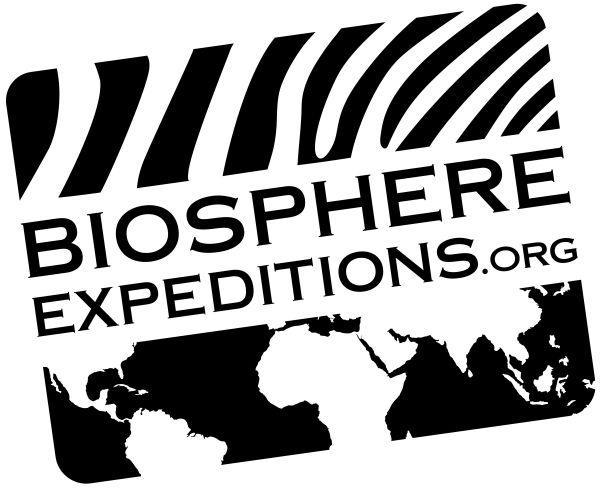
Environment
Marina Del Rey













